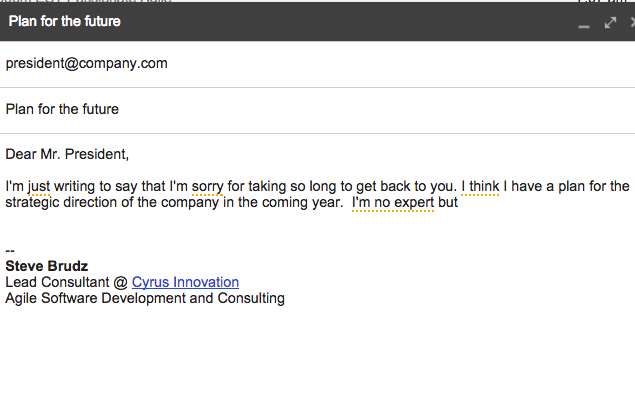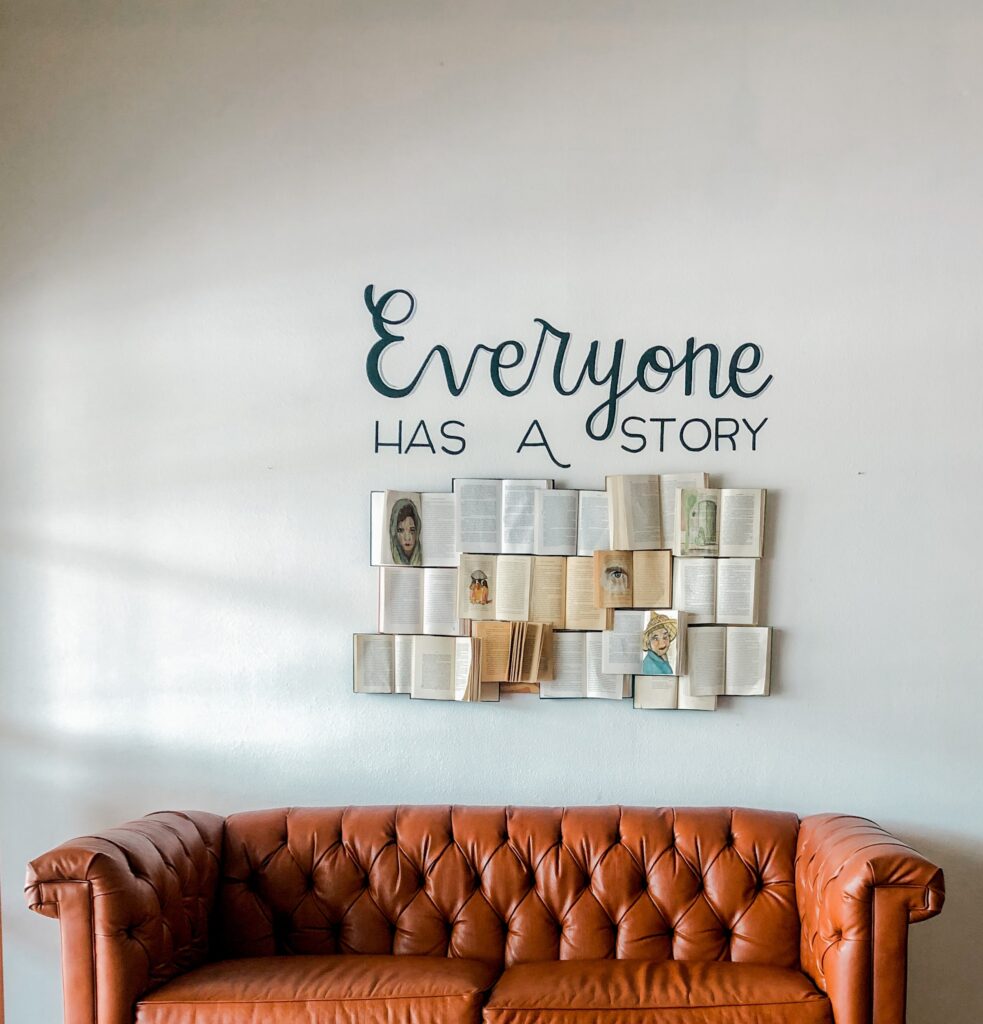
Warning: Undefined variable $has_children in /home/phenom5/public_html/wp-content/themes/dotlife/lib/menu.lib.php on line 122
Warning: Undefined variable $has_children in /home/phenom5/public_html/wp-content/themes/dotlife/lib/menu.lib.php on line 122
Warning: Undefined variable $has_children in /home/phenom5/public_html/wp-content/themes/dotlife/lib/menu.lib.php on line 122
Warning: Undefined variable $has_children in /home/phenom5/public_html/wp-content/themes/dotlife/lib/menu.lib.php on line 122
Warning: Undefined variable $has_children in /home/phenom5/public_html/wp-content/themes/dotlife/lib/menu.lib.php on line 122
Warning: Undefined variable $has_children in /home/phenom5/public_html/wp-content/themes/dotlife/lib/menu.lib.php on line 122
Warning: Undefined variable $has_children in /home/phenom5/public_html/wp-content/themes/dotlife/lib/menu.lib.php on line 122
Warning: Undefined variable $has_children in /home/phenom5/public_html/wp-content/themes/dotlife/lib/menu.lib.php on line 122
Discover How to Write an Authentically Powerful Career Story
Ever wonder how your friend always seem to be able to snag the job she pursues? She appears confident and at ease when she talks about her skills, experience and education. Want to know her secret?
She most likely prepared, but she was also likely armed with her career story; and tailored her story to the organization and position she is interested in or interviewing with.
In this post, that’s what I’m arming you with – how you can create your own career story.
What is A Career Story?
A career story is a brief narrative of your career journey that includes why you want to work for the organization and why you’re perfect for the job.
The purpose of your career story is to succinctly convey that you are clear on where you’ve been, and where you want to go in your career.
The first career story you want to create is your origin career story. This is the story you want to use as an icebreaker.
An origin career story is used to answer the question, “Tell me about yourself”, or “Why should we hire you?”
Benefits of a good origin career story
Done well, your career story can be powerful, inspirational, interesting, and re-purposed as a template for other conversations, such as networking. You can integrate your story into your cover and follow-up letters, use it (or parts of it) in your elevator pitch. Finally, your career story makes your resume stand out in the crowd, helping you stay top of mind with interviewers.
A good career story can help guide the job interview conversation, allowing you to feel confident and comfortable with the conversation.
Ingredients of an excellent origin career story
An excellent career story is one that is genuine – authentic. A great career story speaks of your strengths, and challenges, but provides lessons learned from those challenges, how it ties into the position, and how you will apply your new insights to the position.
An awesome career story also tells why you’re interested in your chosen industry and how you became interested. Your career story should help you shine and tells the listener (read: interviewer) what to discuss next – a call to action if you will. Your career story can guide the conversation – done correctly, your interviewer will be intrigued and ask questions about content in your career story.
Now you’re ready to set the foundation of your career story.
Structuring your origin career story:
First, begin with a great opening statement to pique the interest of the listener. Let your personality shine. Just like writing a good short story, you’ll want to begin with an interesting, sentence to pique interest.
Next, convey the main points of your career. These can be defining moments in your career journey – key accomplishments that relate to the position you’re interviewing for or within the industry. The easiest way to do this is to think about your job history: How you started, your present role (where you are now), and transitioning between each job.
Be careful with this because you don’t want to simply regurgitate your resume. You’re telling a story, so you want to integrate interesting experiences that are relevant to your ideal job.
TIP: Tailor your story to reflect the position you’re seeking. You can center your career story around the job ad to integrate key requirements and preferences of the position
Finally, you want to end your origin career story with where you want to be and how the new position is the next logical step to connect you to your career goals. This is where you can integrate the Call to action. (i.e., I believe the Director of Communication position at your organization is the perfect next step in my career).
An example
“For as long as I could remember, I’ve always had a passion for empowering others. For instance, as a young girl, I noticed double standards in the way women were to present themselves, and the limitations placed on the jobs they were “able” to pursue.”
But the ability to independently research, analyze and forecast were skills I embraced during my five years at ABC Company as Procurement analyst. A rewarding experience, I helped save the company over a quarter of a million dollars when I found a discrepancy in billing from one of our vendors.
I was also Executive Assistant for Council member ABC, where I headed a team of 15. I flourished in leading under pressure, organizing and communicate effectively. Working with the constituents, I learned to truly listen and felt inspired to do better and not take anything for granted.
Your company’s mission to lead by example resonates with me. I believe my education and experiences has prepared me for this position. I’m elated to learn more about your goals for the position and how I can help you achieve them.”
As you can see from the example, I was able to:
- Demonstrate my passion into the story.
- My story is personable.
- The story highlights my strengths and challenges as it relates to the keywords in the job ad for the position (leading under pressure, effective communication, etc.).
- The story includes key accomplishments (I helped saved the company a quarter of a million dollars).
- The story includes what I learned and tied it into how I am qualified for the position I’m interviewing for.
- Most importantly, I asked for the job.
If done well, the interviewer will likely ask you questions about your story. For instance, you may be asked is to expound on how you saved the company a quarter of a million dollars. You want the interviewer to ask, “Tell me more”. because you can control the narrative. You will be prepared because it’s your story.
Which leads me to another point: Your story should not be a fairy tale. It should be a true account of your career. It takes less energy (and easier) to answer questions about true events than it is to lie. And lying will always come back to bite you in the behind.
An important thing to remember is that you may have more than one career story. The one we went over today was an origin career story that is used as an icebreaker. You may need to create a few other stories in anticipation of other questions an interviewer may ask.
That’s the beauty of a career story – you can tailor your story to fit other positions, conversations.
You may also want to have 3-5 different career stories tailored to your various skill sets. TIP: Consider no more than 3-5 stories. You can always revise each one to fit the position you’re interviewing for. Remember, you want to make it easier for you to interview.
Key Takeaways:

The purpose of the career story is to succinctly convey that you are clear on where you’ve been, and where you want to go in your career.
Your career story should support the notion that the position you’re seeking is the next logical step in your career path.
An origin career story answers the question, “Tell me about yourself”, or “Why should we hire you”?
Your career story should help you shine and tells the listener what to do next – a call to action if you will.
Your career story should include a great opening statement, main points, and end with a Call-to-Action (ask for the job).
You will have more than one career story but try to limit to 3-5. You can tailor your career stories to the position you’re seeking.
No fairytales – your career story should be based on true events. I promise you that you made a difference. You may just need to think about those key accomplishments.
DO IT NOW:
We all have a career story. You can make yours a horror story by not taking the time to prepare and craft a narrative that truly speaks to how you can the perfect candidate for a position.
Take the time to craft a story that allows you to shine, creating a sense of ease for both you and the interviewer. You’re worth it.
TIP: If you have trouble writing your story, consider speaking your story and record it. You can transcribe the audio and edit it accordingly. If you prefer, you can schedule your State of your career appointment, to get the help you need.
Do It Now – you’re worth it.
Editor
Nancy Gettridge is a career strategist dedicated to helping women achieve their full leadership potential. Topics often explored include confidence building, identifying and aligning purpose with one's career, and overcoming workplace gender bias. Additional topics are career strategy, leadership, and work-life balance. You can get weekly career tips straight to your email by subscribing here
©2025 Phenomenal Image


